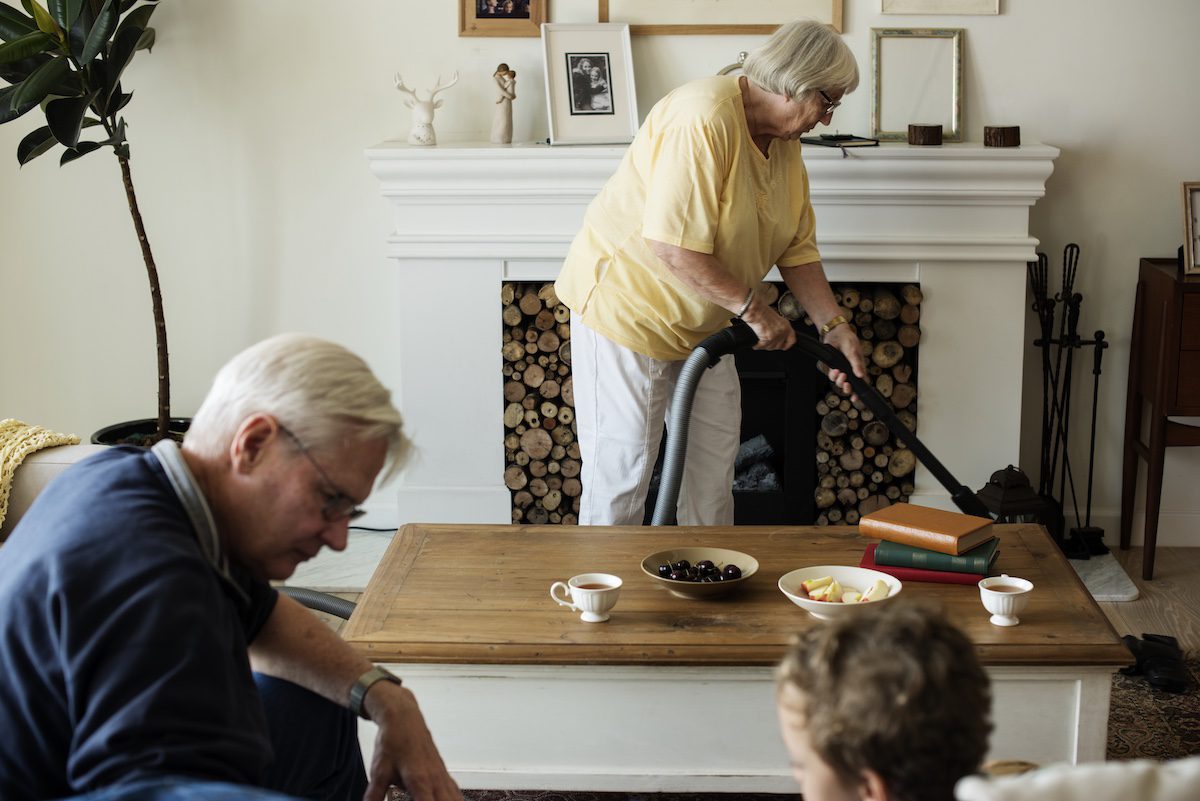The loss of a child is one of the worst traumas that any person can experience. The emotional, mental and physical pain it puts on parents, siblings and other loved ones is overwhelming. Losing a child has an unnatural, visceral nature that can leave lasting emotional damage.
In 2019, the CDC reported 9,173 deaths of children between one and 14 in the United States. Unfortunately, each year, many parents suffer the loss of a son or daughter. No two parents’ experiences will be alike. We all grieve in different ways. Follow along to learn more about parental grief and a few methods to deal with the loss of a child.
Stages of Grief After Losing a Child: Why Parental Grief Is Different
Parental grief is unlike grieving for others that are your age or older. While the symptoms may be similar, a parents’ attachment with their child is unlike any other bond that exists.
Because grief is a reaction to attachment, being the body’s way to fill in the blanks for loss, the intense pain of losing a child can cause more severe symptoms due to the strong bond. Many times, these deaths are sudden and happen without any warning. Accidents were the leading cause of death for children ages 1-14, meaning most parents don’t get a chance to say goodbye.
These unique circumstances lead to physical, emotional and mental effects that can be devastating. Not only do parents experience these responses internally, but they see the aftermath of their child’s death in their relationships too. Keep reading to see how a child’s death can impact a parent.
Physical and Mental Effects of Parental Grief
This overview of parental grief with sudden infant and early childhood death by Division of General Pediatrics member Dr. Richard Goldstein does an excellent job of comparing parental grief to normal grief.
Here are some of the ways that parental grief differs from normal grief:
-
While there is no set timeline for mourning, generally, parents grieving the death of a child usually take longer than those grieving older adults
-
Parents show a higher variance of emotion throughout the grieving process
-
Parents show signs of more intense and complex symptoms than typical grief symptoms
So, what causes parents to feel so strongly after their child has passed? Goldstein goes on to explain how a child’s death means two things for the parent:
-
They are no longer able to fulfill the role as a parent, which is closely tied to their self-concept and self-worth
-
The death cuts short the parents’ hopes for their child’s future.
This article presents an outline of the psychological and biological effects of losing a child.
One symptom of grief mentioned in the article on the physical side was referred to as “broken-heart syndrome.” This condition is similar to a heart attack in nature with chest tightness, pain and comparable electrocardiography results. “Broken-heart syndrome” is a reaction to the emotional and physical stress parents feel.
On the psychological side, one study mentioned that depression or symptoms of depression from parental bereavement could last for long periods after the child’s passing.
Familial Issues from Parental Grief
Not only do parents deal with the symptoms of grief internally, but the death of a child can put a strain on their relationships as well.
You may have heard that the death of a child leads to a higher divorce rate amongst parents. Thankfully, this idea hasn’t been supported by research. The rate doesn’t elevate past the average. This doesn’t mean that things will be easy. Different forms and levels of grief between partners can cause frustration or resentment.
You may experience bumps in your relationship with your surviving children. They are going through grief and, if they are younger, may not fully comprehend their sibling’s death.
The critical thing to remember is that it isn’t anyone’s fault. Sticking together as a family through grief is one of the best ways to heal.
Parental Grief: What Can I Do?
When a loved one has passed, it can leave us feeling empty with despair. There isn’t a single way to deal with grief. Everyone’s grief is unique. Here are a few methods you can try to work through your grief:
-
Visit with a bereavement counselor or grief specialist. These individuals are trained to listen to your emotions and offer strategies to sort through those feelings. Counselors can’t fix the hurt that you feel; no person can. But, they can provide advice on ways to work through your emotions.
-
Join a parent grief support group. While many will offer an ear shortly after your child’s passing, they may not offer the same patience later. People don’t understand your hurt like other parents who are in the same position. These support groups are about collectively leaning on each other and healing together.
-
Keep a journal or other creative outlet. When dealing with the intense emotions of losing a child, having a place to let out the rawness you feel is essential. If you don’t want to write, check out art therapy or a crafting class. Allow your emotions to take a physical form.
-
Spend time alone. While it’s critical to be with your loved ones for support, you should make time to be alone with the emotions you have. Tears can flow while you are by yourself. Allow yourself to cry or embrace any other feelings you have.
-
Stick together as a family. Make plans to spend time together. While everyone will need time to grieve in their way, parents and children alike also need reassurance and support from one another.
Nothing you do can replace your child or remove the pain that you feel, and that’s okay. Don’t be afraid to talk about them with others. If it brings tears, that’s okay. Your life will be different, but you will heal. With support from family and friends, you will get through this time.
Visit the Seasons Hospice blog for more information about hospice care and the grieving process.




